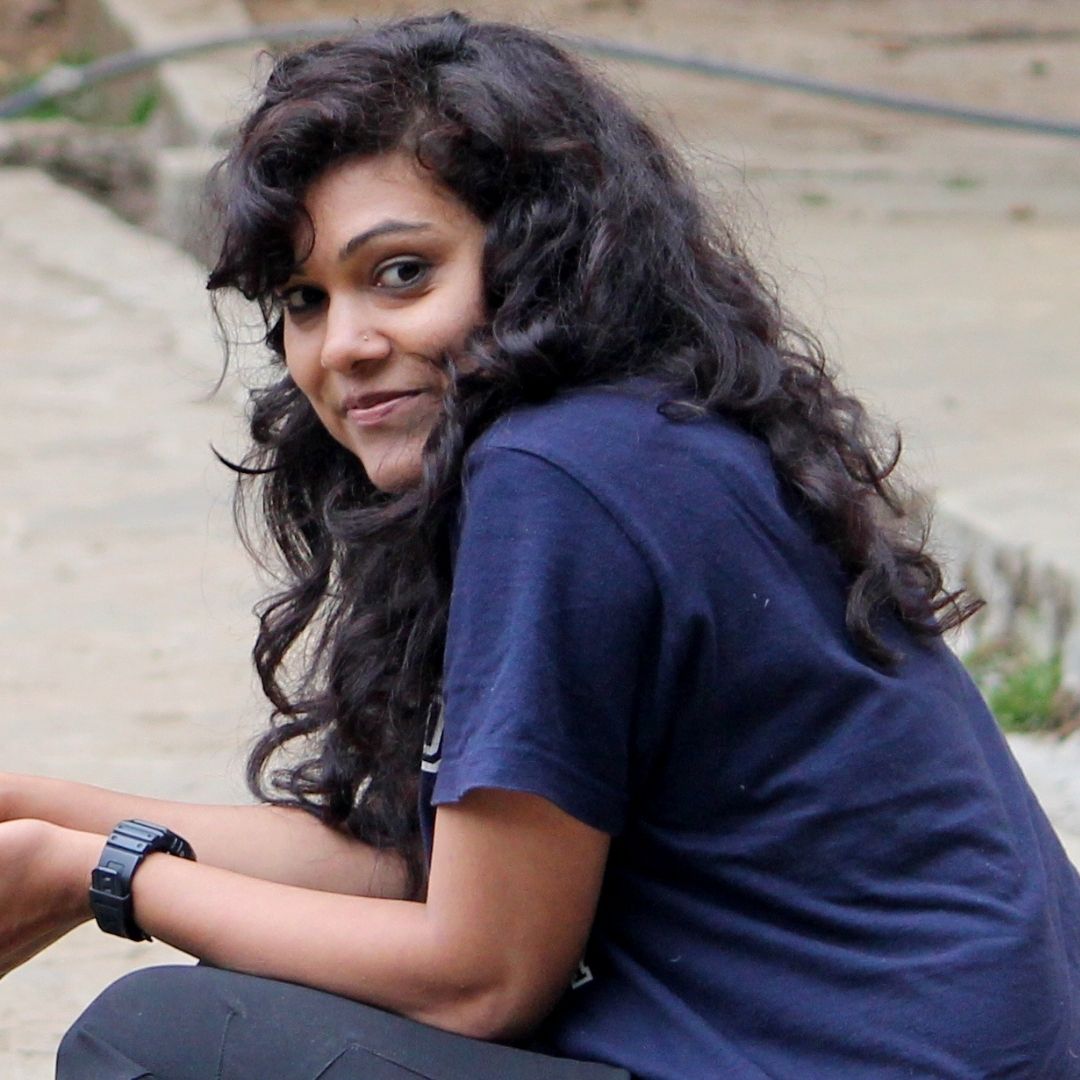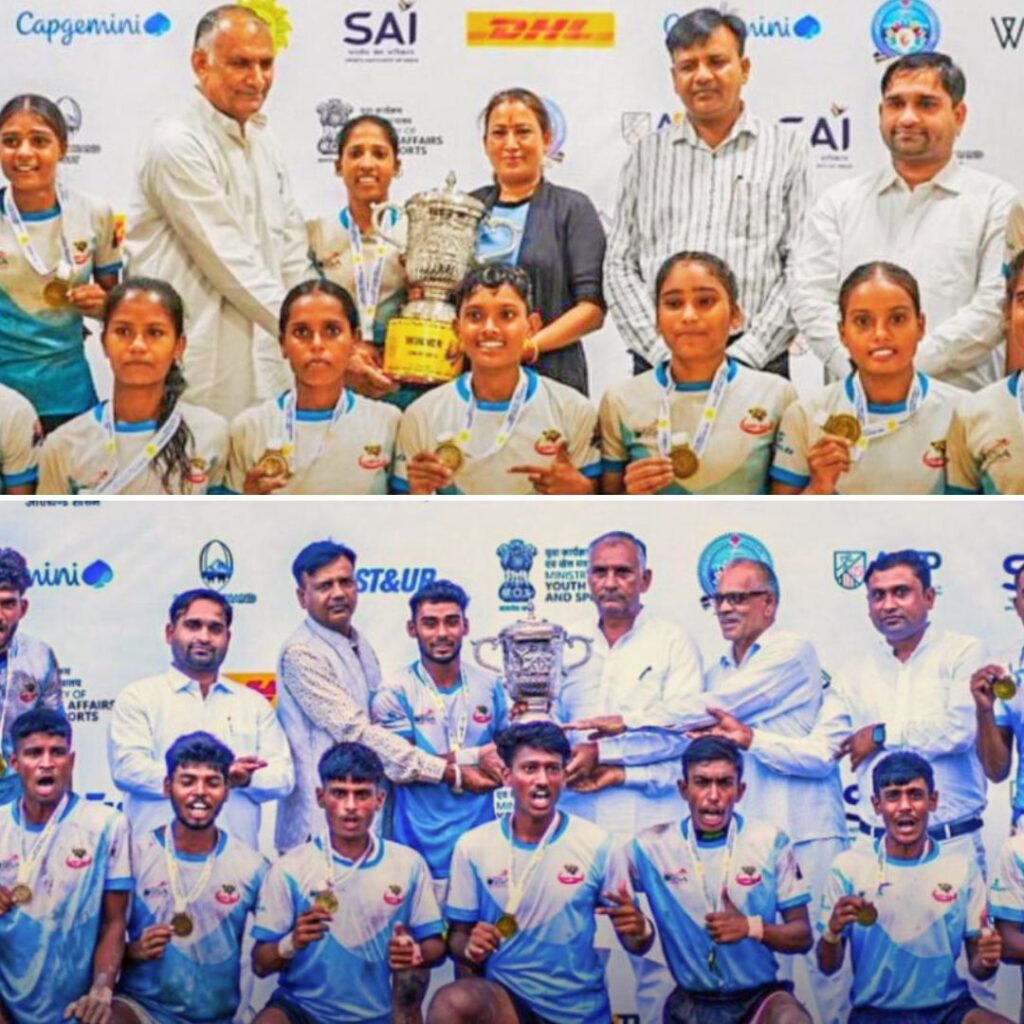I was born in a small Uttarakhand town called Rudraprayag. Growing up, I was involved in a lot of agricultural work at the tender age of 10. A lot of this involved manual labour, which women mostly did. The result was tedious, and it hindered my studies. After five years, my mother decided to take us to Srinagar Garhwal, where I did my schooling.
The landscape around me inspired me to study Forestry and Wildlife. My educational endeavours revolved around nature, flora and fauna. However, it was during my research work for PhD that pushed me in a slightly different direction. My topic was ‘Primate Behaviour Ecology’. I was in the Mandal Valley, where I looked into ‘Langurs’ being a nuisance.
Interacting with the locals, I learnt about women being overexploited. Juggling agricultural work with household chores is a daunting task as they do not get any help. They have to fetch grass and firewood from the forests, which is a challenge in itself. I was able to relate to their issues. While I was lucky to go beyond this, several do not have the necessary means. Therefore, I want to make a difference in the women’s lives in my region with the experience I garnered over the years.
Viable Source Of Income: Kiwi Plantation
I wanted to put my efforts towards empowering women farmers in the region. I came back to India to work solely on this. I came up with different ideas to execute. One of them was Kiwi farming. Kiwi is extremely popular nowadays because of which it has a high market value. Looking at its suitability, growing the fruit will be highly beneficial in the long run. Not only that, it requires minimal effort and is not subjected to wildlife damage. With this, I wanted to preserve nature in Mandal Valley and empower women as well.
Most women in the area come from abusive households. The husbands do not help them are involved in drinking. The responsibility lies on the female members to get the necessary resources. Their hard work goes in vain as they get nothing in return. The women are not recognised as farmers because they are unable to procure any land or machinery for the same. The biggest challenge I faced was to persuade women. Many were hesitant to get into Kiwi farming as they were discouraged by their families and local communities.
As of now, I have got all the scientific backing needed to begin this. However, the funds’ crunch is there. I started crowdfunding on ImpactGuru, where I aim to raise ₹30 lakhs for the project. I am also looking for more funding avenues. The initiative can kickstart with 5-6 women at first and increase the number later. It is a small endeavour but with mammoth rewards. I wish to see this flourish for 60 years and more.
If you too have an inspiring story to tell the world, send us your story at mystory@thelogicalindian.com












